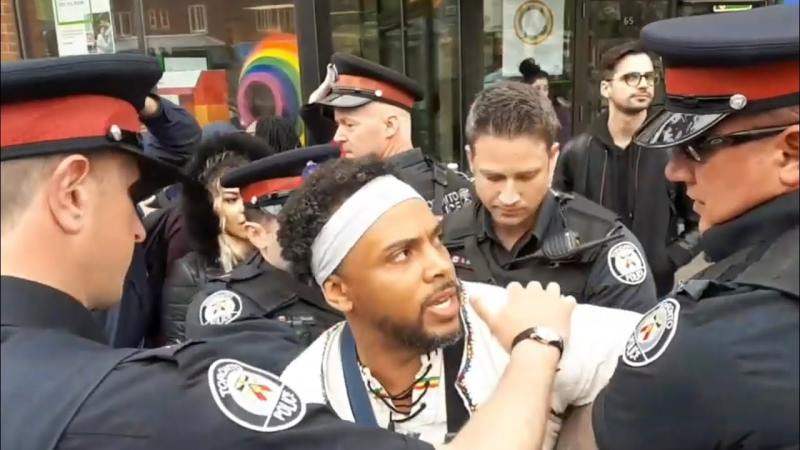
Shane Idleman, founder and lead pastor of Westside Christian Fellowship in Southern California wrote on Monday his take on why he disagrees with John MacArthur's views on whether Christians should fight for religious freedom or not.
Idleman began his discourse by asserting that religious freedom is a gift from God. He briefly shared a moving story of a Christian from a persecuted church in China.
"I kept thinking, 'I wonder if persecuted Christians would like more freedom?'" he rhetorically asked.
Idleman acknowledged that Mac Arthur has valid points in his stance on why he won't support the fight for religious freedom. He, however, pointed out that MacArthur and other pastors still holding in-house gatherings are already exercising the same "religious freedom" that the Grace Community Church pastor tagged as promoting "idolatry."
"I understand where he is coming from, but shouldn't we defend our freedom to worship Jesus when given the opportunity? And isn't that what he and other pastors like myself, Jack Hibbs, and Rob McCoy are doing by staying open during the pandemic . . . exercising and defending religious freedom?" Idleman wrote on his column at Christian Headlines.
"Promoting religious freedom is not idolatry"
Idleman explained that "politics" does not have to be a "bad word." While it's true that it's not the primary force to save America, Christians must not ignore their "God-given civic responsibility."
"In the realm of government, there are two primary areas of responsibility for us to consider. One is God's eternal kingdom; the other is the world's political system. We have a responsibility to both, and God's eternal principles establish the foundation for both," Idleman reasoned.
"The primary role of government is to secure our God-given rights. One of the primary purposes of government is to protect the freedom to express our love for God," he added.
The Southern California pastor went on to emphasize that the present issue on religious freedom has never been more important and that it is worth fighting for.
"Mr. Potato Head is being renamed, but Cardi B can pollute the minds of the innocent. We'll allow a transgender person to be the Assistant Secretary of Health, but say nothing about the sexual exploitation of our children. Pastors are being threatened with large fines and jail time for keeping churches open while pot shops, liquor stores, and abortion clinics get a free pass. If you ask me, and countless others, religious freedom is worth fighting for."
Silence is Not an Option
Idleman clarified that supporting religious freedom advocacy does not have to automatically mean "compromising (Christian) principles." He referred to the "salt" and "light" metaphor, as worded in the Bible, to illustrate his point.
"What good is salt left in the shaker, or a light that is hidden? "Politics" is not a bad word. In simple terms, politics refers to governing or leading a group of people. I think God's Word has a great deal to say about that. Silence is not an option," he said.
Contend for What is Right
To close his commentary, Shane Idleman shared another story he heard from a man who went on a trip to a holocaust museum. His young daughter accompanied him. The museum tour showed the horrible plight of people killed in death camps and gas chambers. After the tour, the father and daughter drove home in silence.
The father was concerned that the horrors she witnessed at the museum might negatively impact her life. After two hours, the daughter broke her silence with a haunting question:
"Daddy, why didn't someone do something?"
Those words, according to Idleman, could be the same words that the believers' children and grandchildren in America might ask in the future if Christians won't stand for what is right.
"If we fail to contend for what is right via religious freedom, we may see a time in our future when our children will ask, 'Why didn't someone do something?'" he wrote.


























